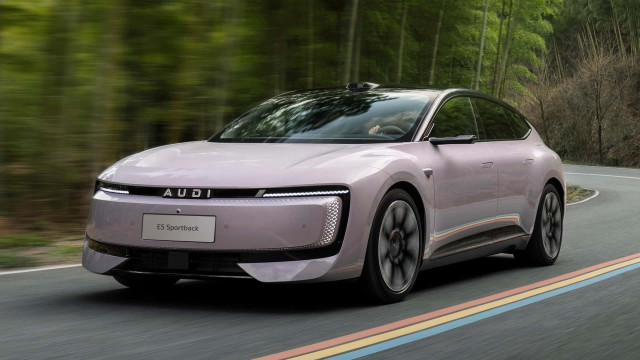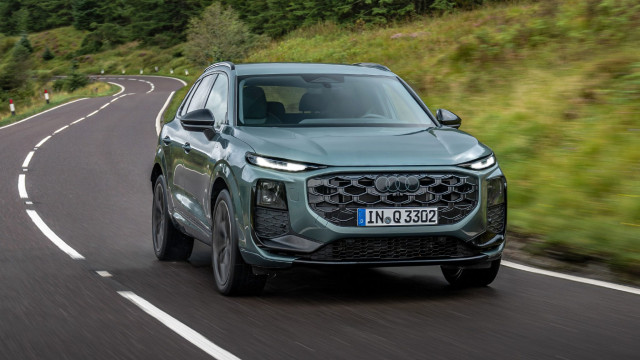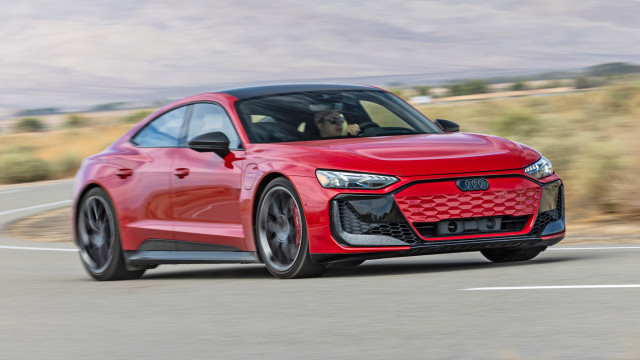Audi Retires A7 and S7 Models, Continues RS7 Sales Through 2026
Audi is officially ending the production of the A7 and S7 models in the United States as part of a strategic overhaul of its vehicle lineup. The automaker announced that these models will no longer be available in the American market for the year 2026, paving the way for their indirect replacements.
Audi representatives informed Road & Track that the decision stems from a shift towards the new A6 TFSI, which is expected to launch later this year. Initially, Audi planned to categorize its models based on their powertrains, using odd numbers for gasoline engines and even numbers for electric variants.
The intended successor to the A7 was the gasoline-powered A6, but Audi scrapped this naming approach earlier this year due to consumer confusion. Instead, the vehicle will be marketed as the A6 TFSI, complementing the already introduced A6 E-Tron.
Launched in 2010, the Audi A7 was a fastback version of the A6, designed to compete with the Mercedes-Benz CLS, which had entered the market a few years before. Its four-door coupe design with a sloping roofline was innovative at the time and quickly influenced automotive styling trends.
Evolution of the RS7
The performance-focused S7 made its debut in 2012, followed by the high-performance RS7 at the 2013 Detroit Auto Show. The original RS7 featured a twin-turbocharged 4.0-liter V8 engine producing 552 horsepower.
Looking ahead to 2026, Audi will continue to offer the RS7 in the American market. The latest RS7 is equipped with a twin-turbocharged 4.0-liter V8 engine that delivers 621 horsepower and 627 pound-feet of torque. It retains Audi’s renowned eight-speed Tiptronic transmission and Quattro all-wheel drive system, and is priced at $133,995, including a $1,295 destination fee.
The RS7 can accelerate from 0 to 60 mph in just 3.3 seconds. Audi hopes to introduce a suitable successor with the new A6. Currently, there is an electric S6 variant available, producing up to 543 horsepower and achieving 0 to 60 mph in 3.7 seconds, indicating potential for even higher performance models in the future.
Audi has been facing challenges recently, including declining global sales and acknowledged quality issues in recent years. This revamped lineup is crucial for restoring consumer confidence and boosting sales, regardless of the specific naming conventions employed by the automaker.







